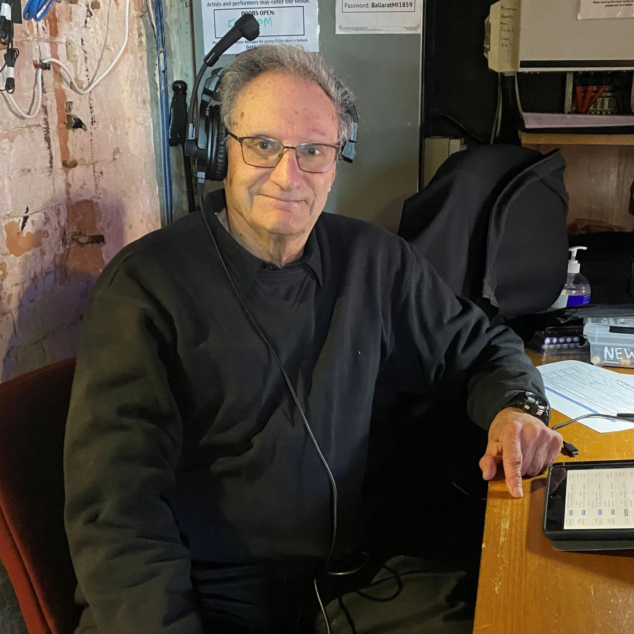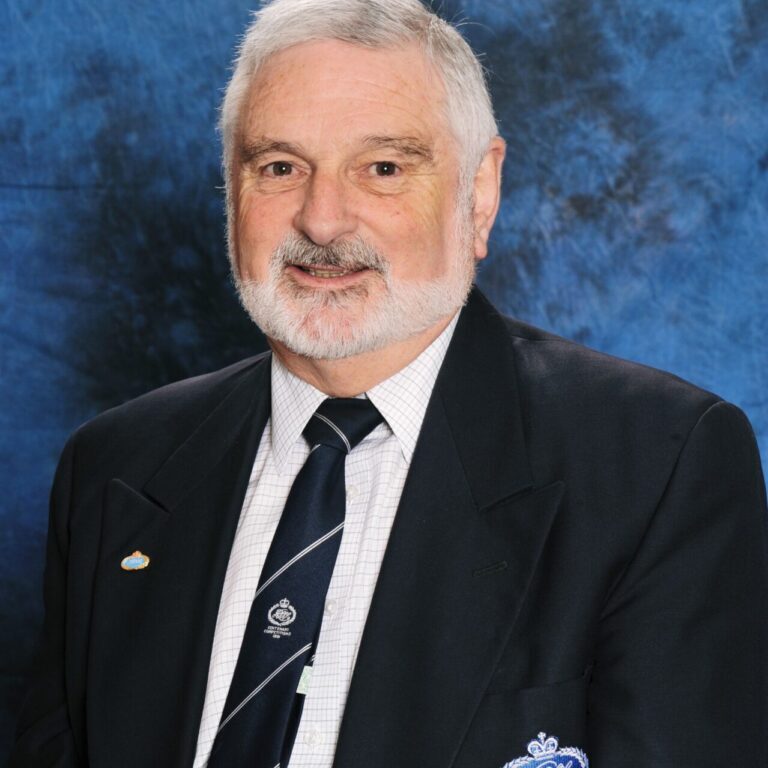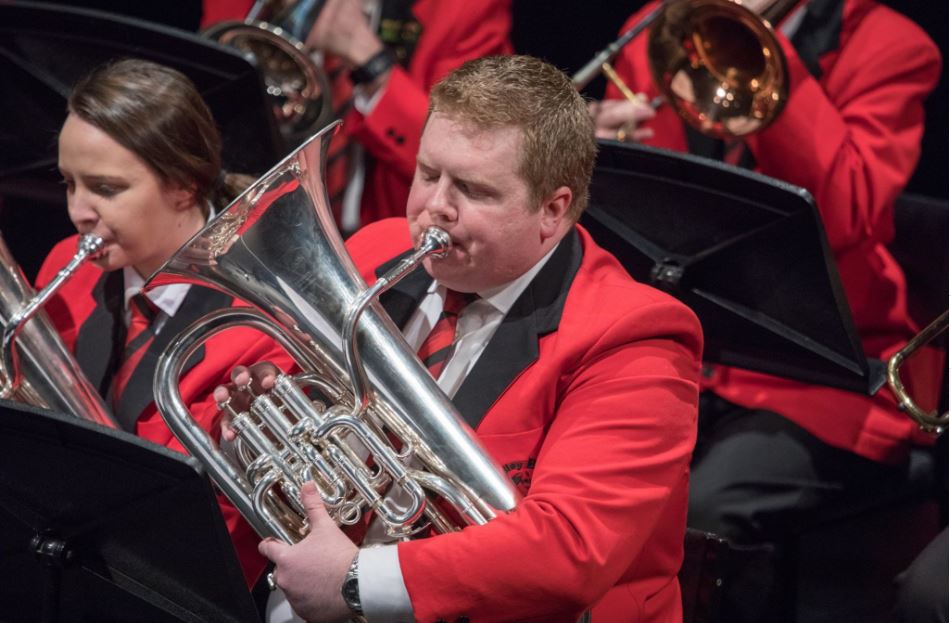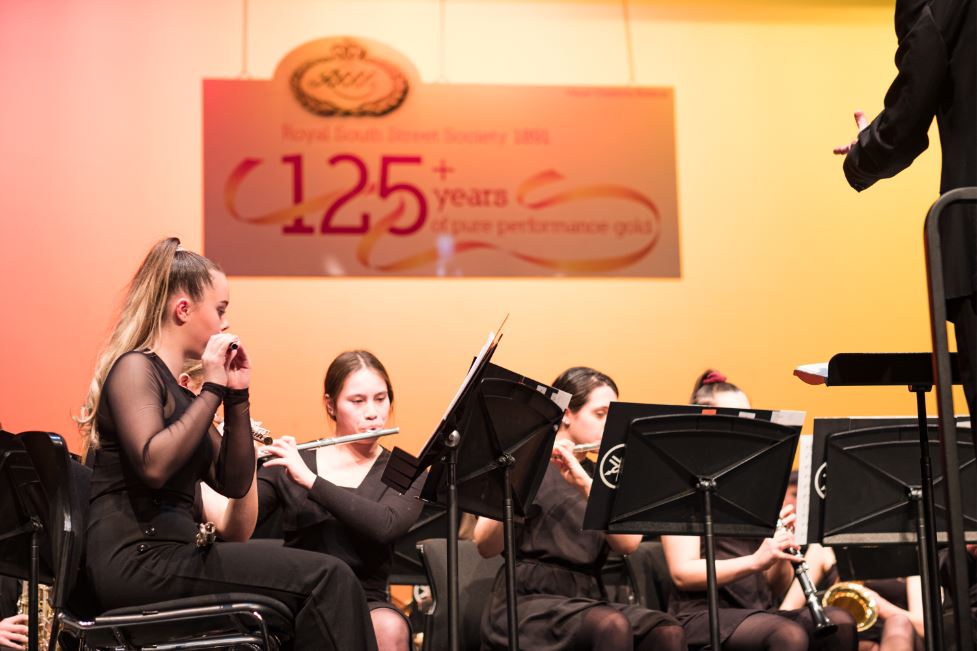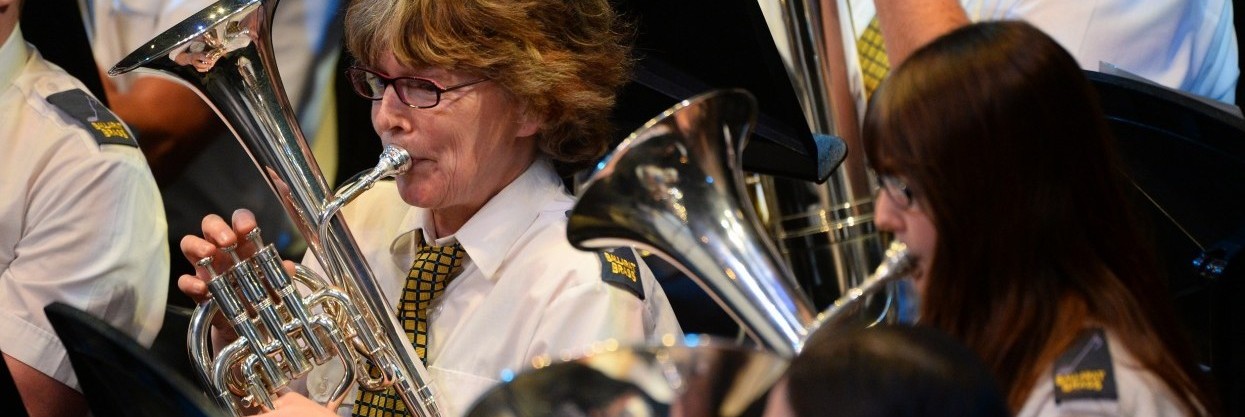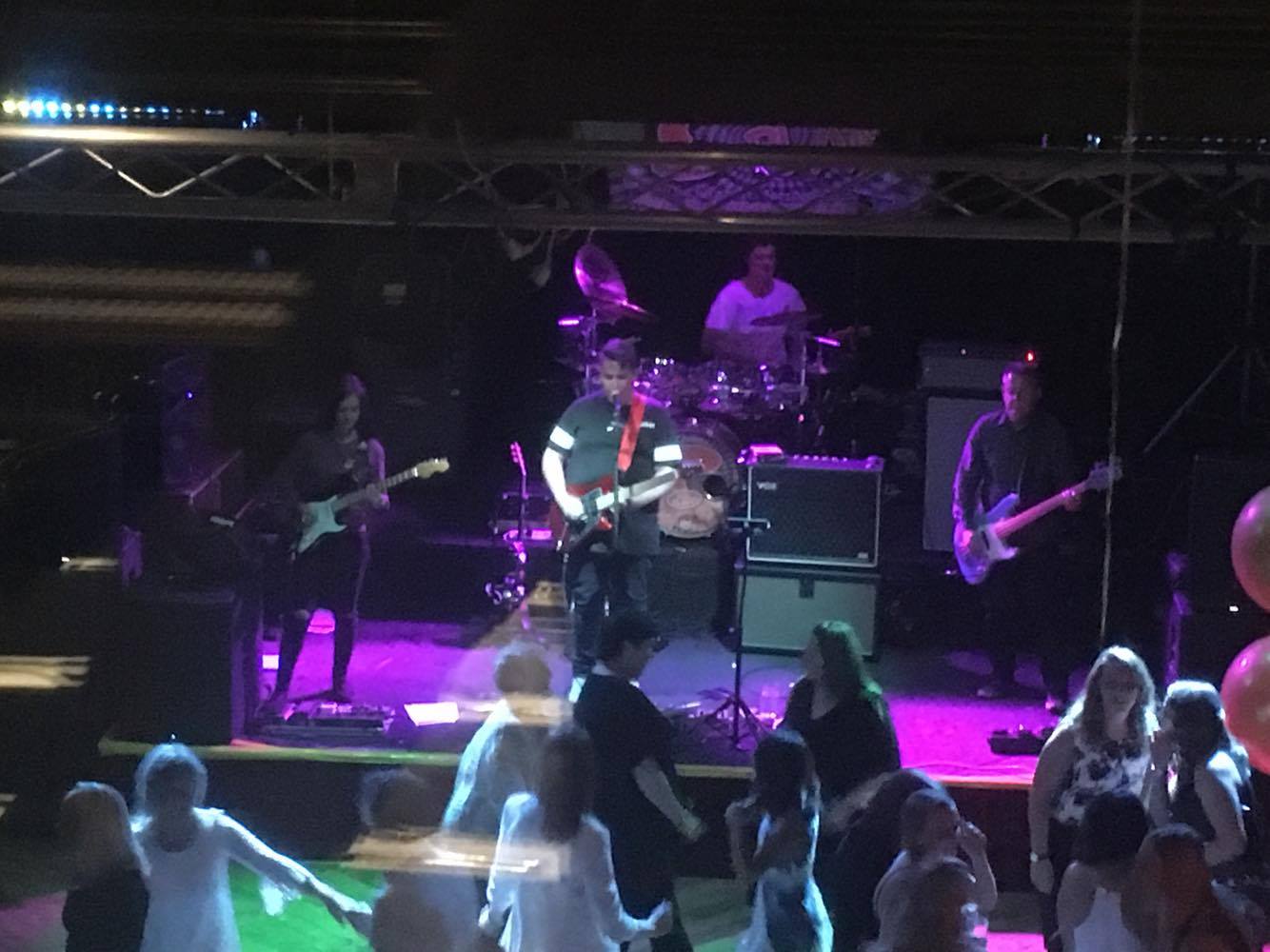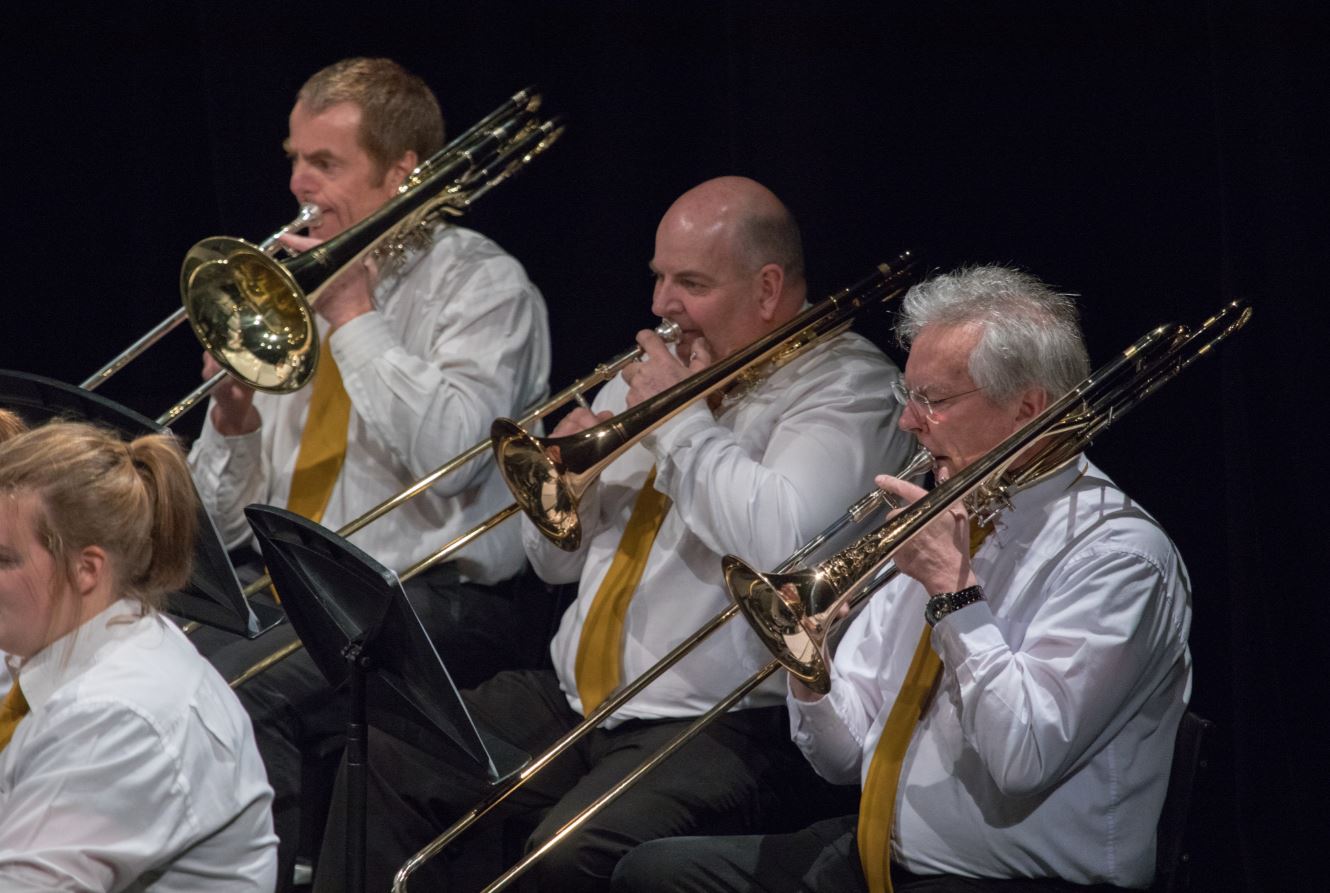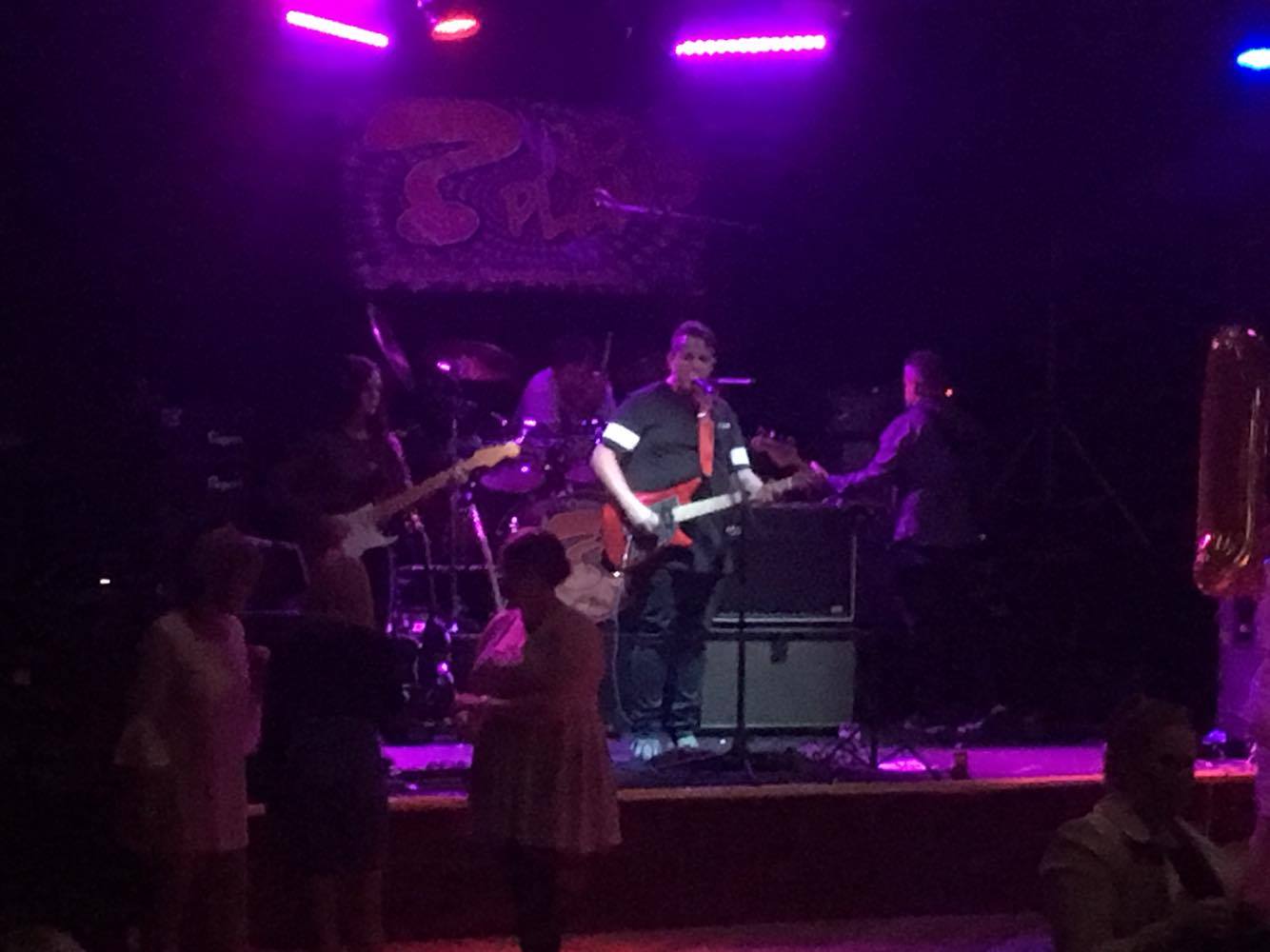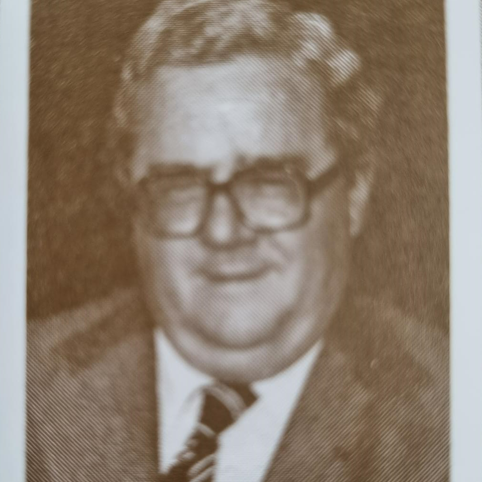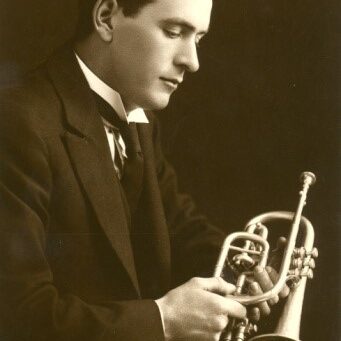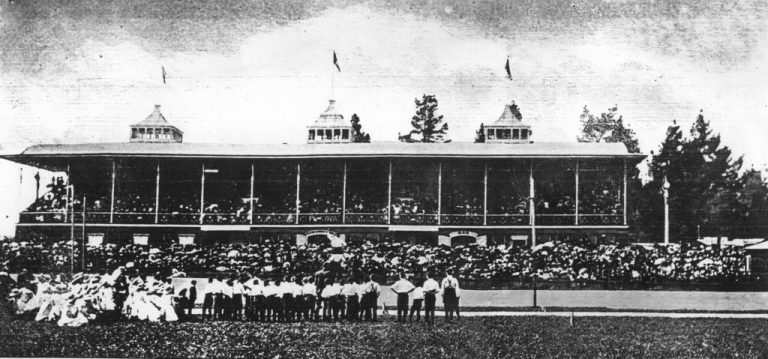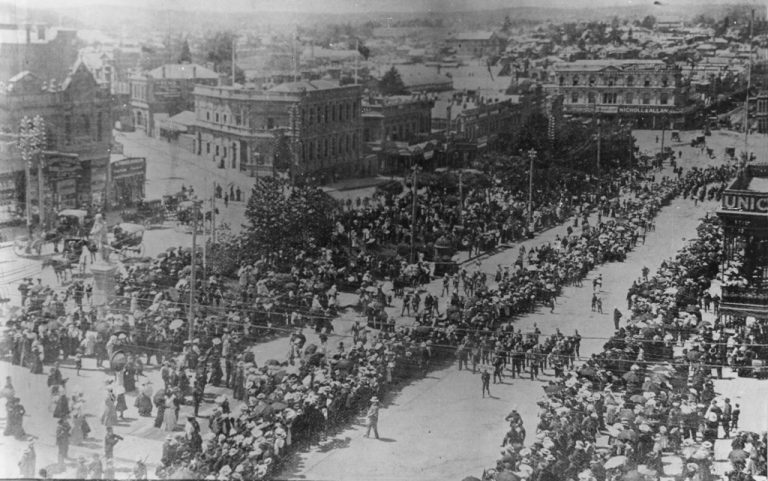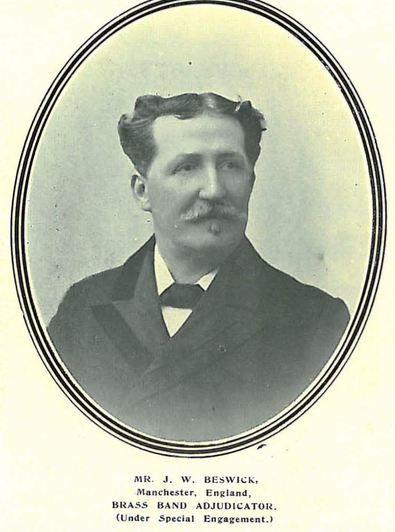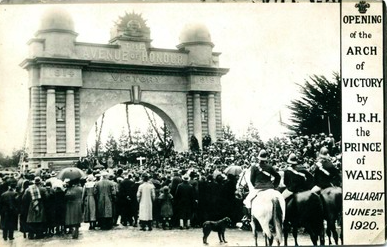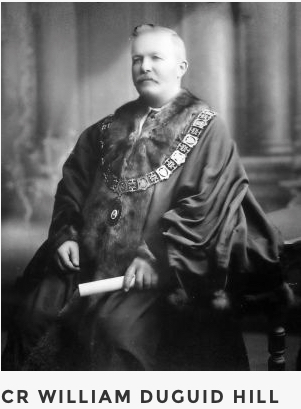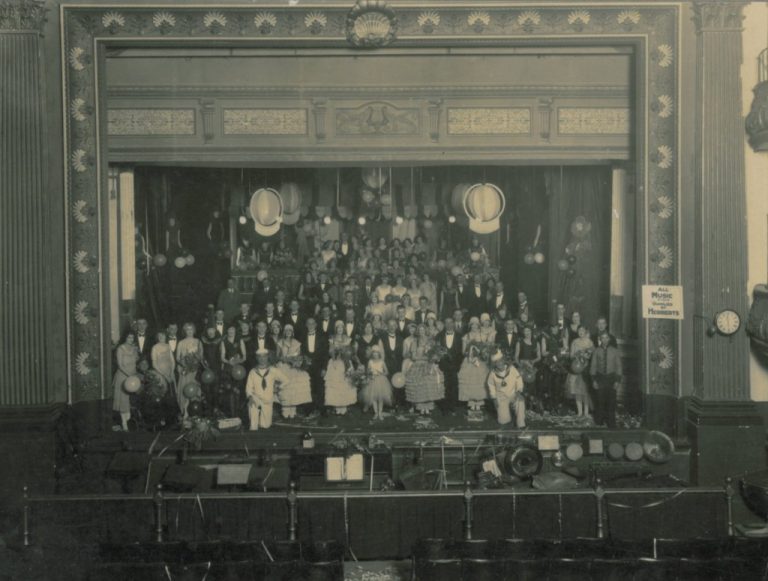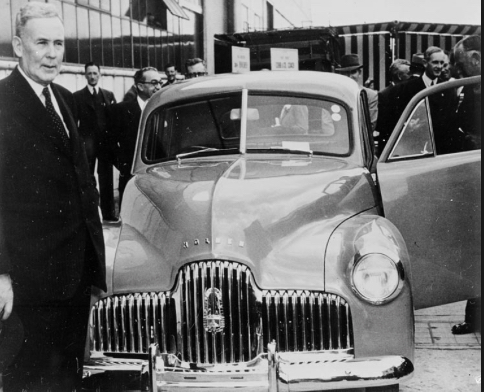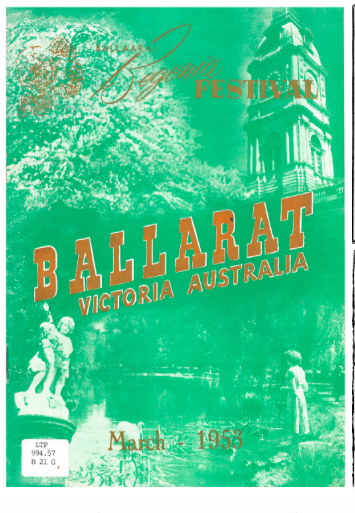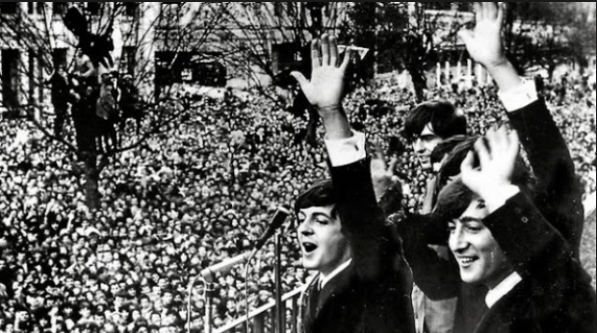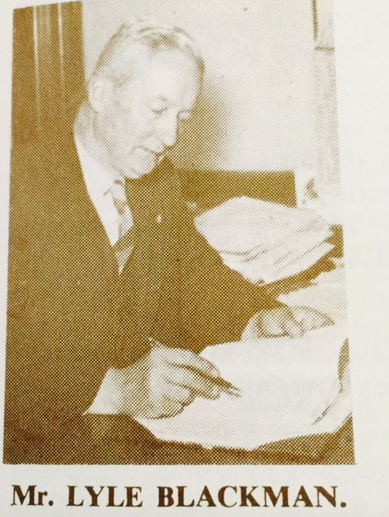Enter
Enter Entry dates to be confirmed
VBL Competition dates for 2024 are yet to be confirmed.
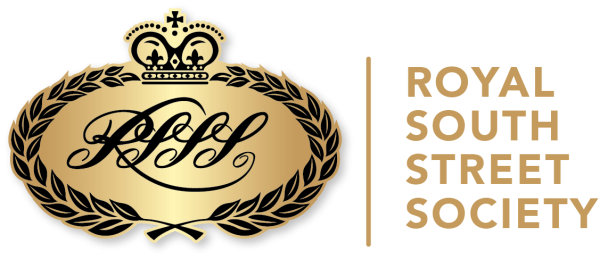

Victorian Bands League & Brass Bands
Royal South Street Society has a long history with brass bands and the VBL - Victorian Bands League.
The Victorian Bands League (VBL) is the association of amateur community bands in Victoria, Australia. Its members are those of brass, concert and stage bands who have joined for the benefits that the association gives.
The VBL provides competition, training and representation for its members. Individual members are registered directly with the League to ensure that competitions are as fairly run as possible.
The VBL has conducted the State Championships at the Royal South Street Society Ballarat Eisteddfod for many years.
VBL will return to RSSS in 2025.
Stories
Learn more about our history with the Victorian Bands League and our Brass Bands discipline from our collection of stories, historical records and media....
Radio Interview
Listen to Dominic Brine’s ABC Ballarat interview with Mark Witham of the City of Ballarat Municipal Brass Band
Explore
Explore our history timeline
intro

